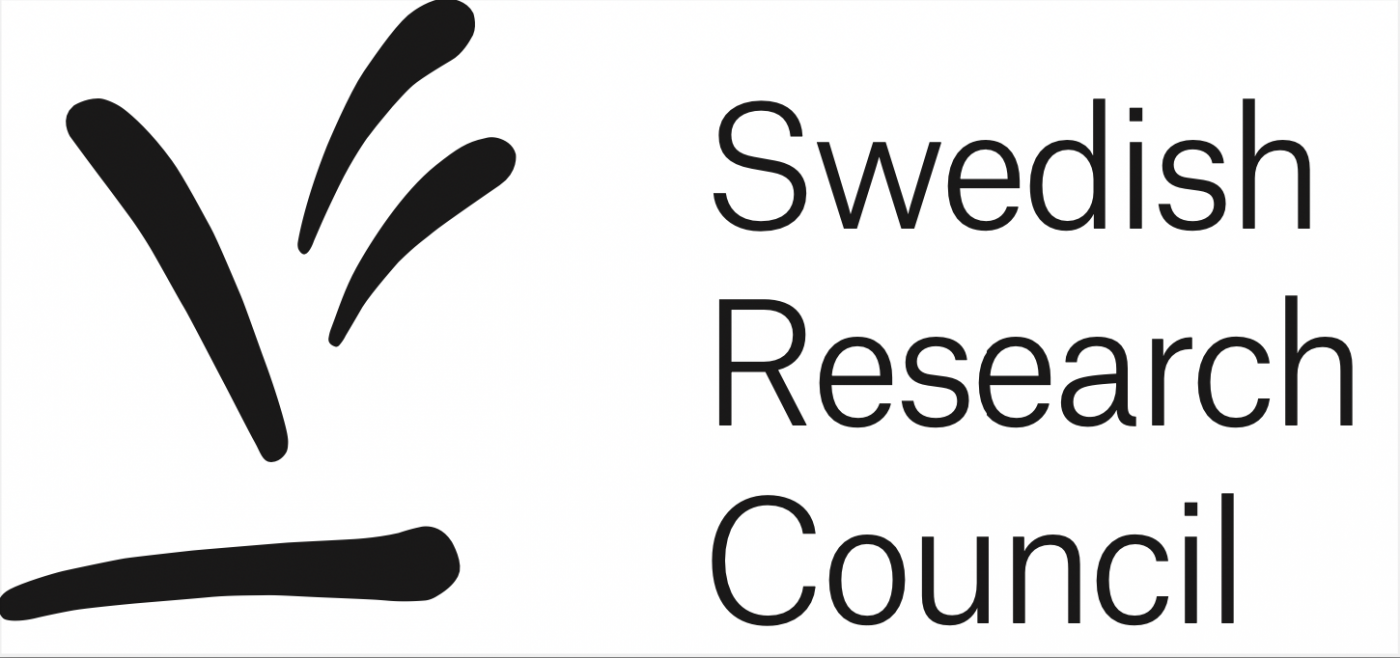
Feminism Art Maintenance
Duration
‘Kitchen Conversations’ is a short retreat hosted at Cove Park with the international research group Feminism Art Maintenance (F.A.M.) – Yin Aiwen, Petra Bauer, Binna Choi, Mijke van der Drift, Marius Dybwad Brandrud, Fabiana Ex-Sousa, Annette Krauss, Frances Stacey, Kirsten Lloyd, Nataša Petrešin-Bachelez, Nat Raha, Jenny Richards, and Marina Vishmidt. It has been devised as a space for self-led working and conversation, with the group coming together around communal meals – cooking, eating and cleaning collectively – and experimenting with ways to share and discuss in-process artistic endeavours and research.
F.A.M. was initiated by Petra Bauer in 2019 as part of ‘Looking for Jeanne’, an artistic research project, which begins from the final scene of Chantal Ackerman’s 1975 film ‘Jeanne Dielman, 23 Quai du Commerce 1080 Bruxelles’. To return repeatedly to this scene is a way to revisit its lingering questions about reproductive work, refusal and the role of aesthetics in womxns organising. F.A.M. was established to think through Jeanne and ‘housework’ from different contemporary positions. While Jeanne falls away as a central figure for many of us in F.A.M, we continue to return to diverse perspectives on womxn’s organising from mothering to industrial action.
We see F.A.M. as a space to support ongoing practices and to exchange ideas, centering a commitment to collective forms of organising, collaboration and dialogue. In differing ways and at various scales those involved with F.A.M. are working within the context of ongoing political struggles. We see an urgency to build solidarity across different experiences, local struggles and artistic endeavours; which may be in collaboration with community or wxmens organisations, as part of film collectives, embedded in feminist libraries, or in the making of new (feminist) institutions, with other researchers and collectives of artists.
Some of the questions we return to in our gatherings are: How are we practicing care in our daily lives and cultural work? What strategies and tactics are being used to bring maintenance and repair to the centre of our organising? How can we build solidarities across different local struggles and artistic endeavours? How can we continue to embed care as a value and meaningful practice into cultural, institutional, and organisational contexts?
F.A.M. is supported by Vetenskapsrådet/The Swedish Research Council and hosted by the Royal Institute of Art, Stockholm.
